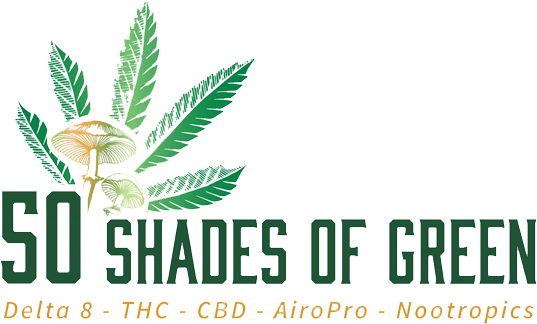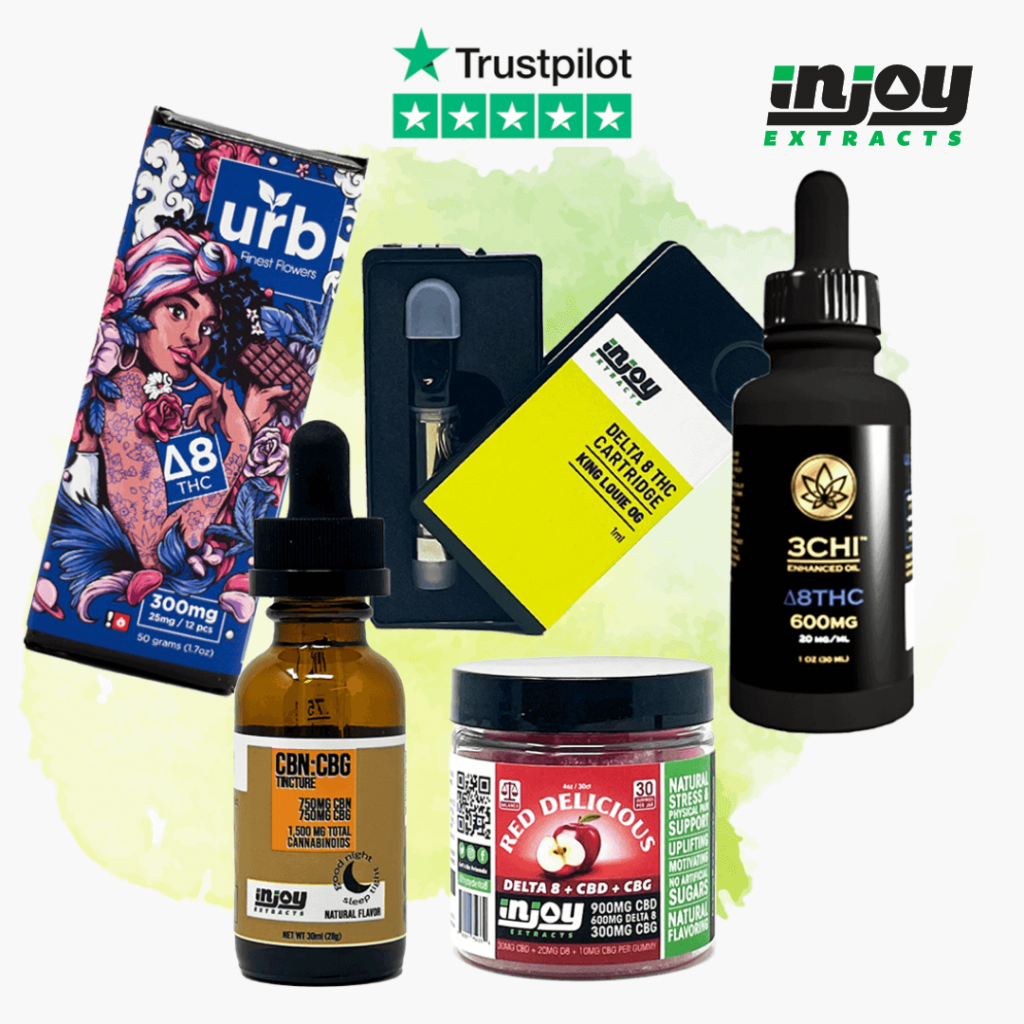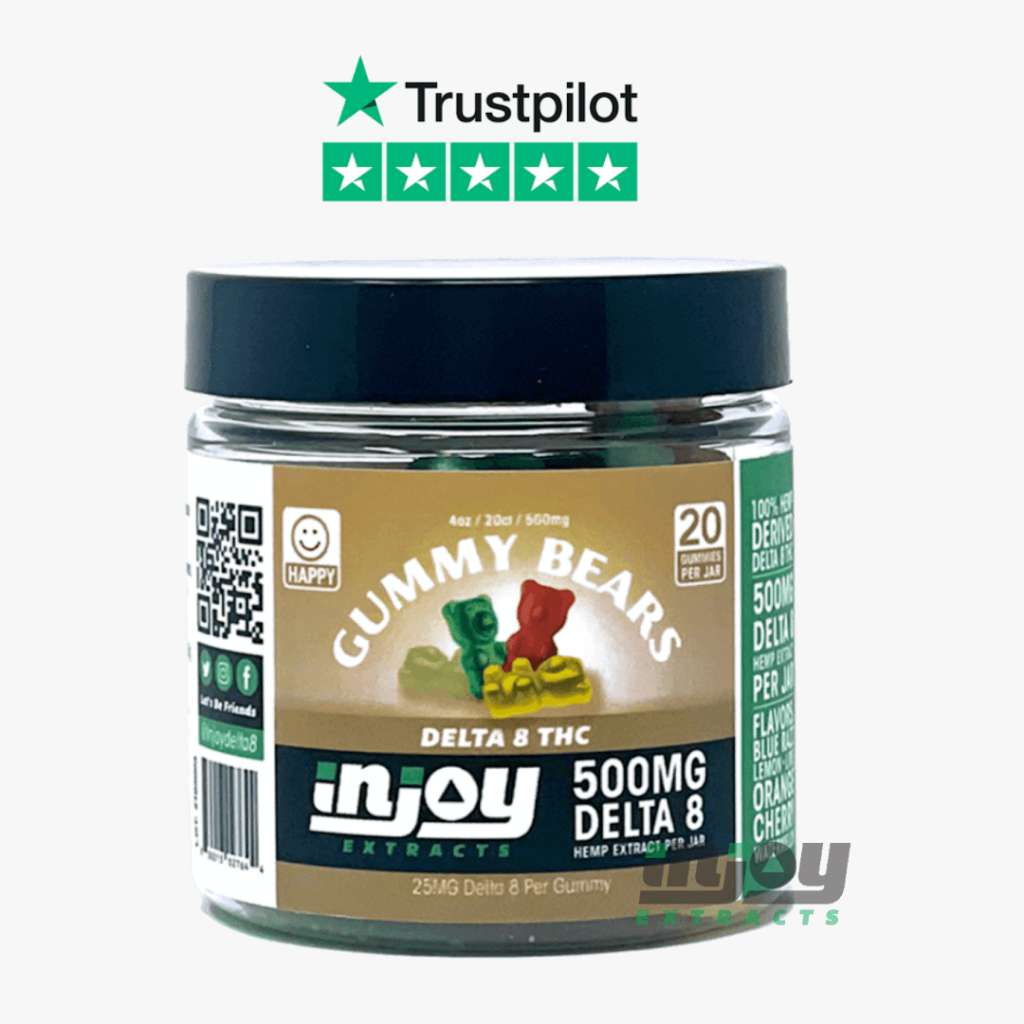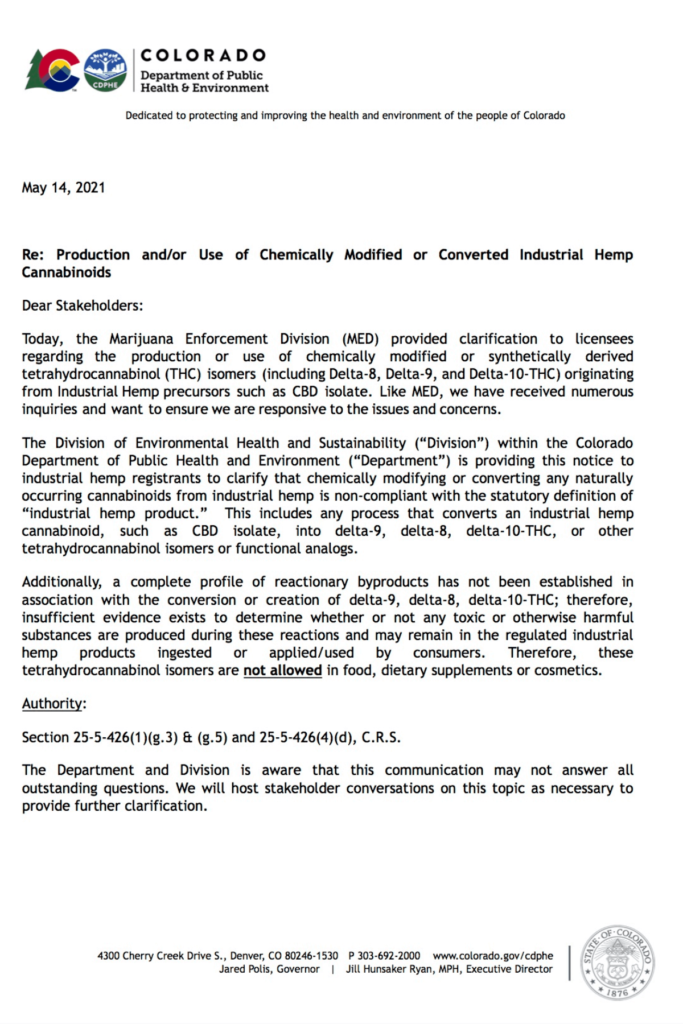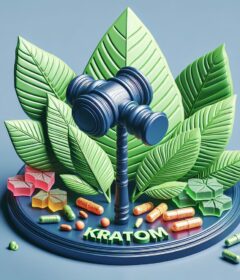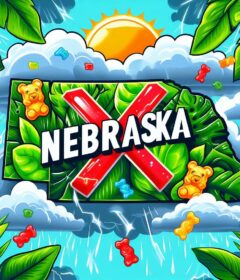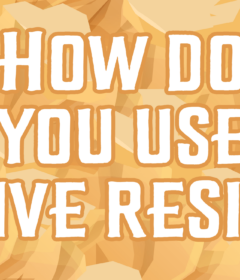Delta-8, Delta-10 THC Derived From Hemp Banned in Colorado
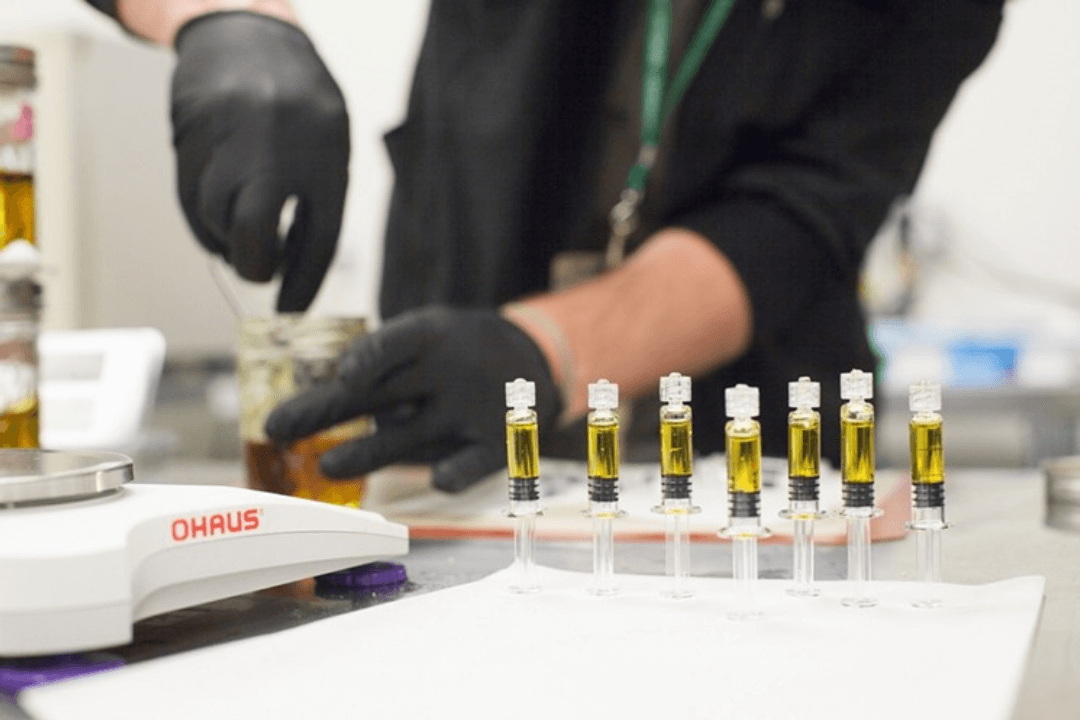
The Colorado Marijuana Enforcement Division doesn’t want Delta-8 THC to gain a foothold in dispensaries. On May 14, notified marijuana business owners that modified or synthetic versions of THC derived from industrial hemp aren’t allowed in this state’s stores.
Tetrahydrocannabinol (THC) comes in several different isomers: molecular compounds with the same number of atoms of certain elements but distinct arrangements of those atoms. The isomer that marijuana plants naturally produce in large amounts is Delta-9 THC, which the federal government bans. However, chemists have discovered other forms of THC that are chemically different yet carry similar intoxicating effects, like Delta-8 and Delta-10 THC.
Delta-8 and Delta-10 THC aren’t explicitly outlawed by the Controlled Substances Act and can be produced with industrial hemp, a plant now legally grown at the federal level. This is done by extracting cannabidiol from industrial hemp and then converting the CBD into the “new” forms of THC with acetic acid. Although these products still flag drug tests, the legal loophole enabled a new, growing gray market online and at certain independent retail outlets, such as smoke shops and gas stations, which the MED doesn’t regulate.
Delta-8 and Delta-10 products are consumed in concentrate and edible form, vaping the most popular method of consumption. Some companies offer to cover CBD flower with Delta-8 extract, essentially making the hemp nug a rocket ship to the moon. Users report that Delta-8 brings a similar high to Delta-9, but on a lower level, while Delta-10 allegedly leaves users more focused and energized.
“I have a feeling it will have a short life span,” former dispensary owner and current CBD entrepreneur David Threlfall said of Delta-8 in a Westword interview earlier this month. “Let’s face it: You can get high from Delta-8, so it’s only a matter of time before they start regulating it, once [the federal government] figures it out.”
The Drug Enforcement Administration hasn’t cracked down on the Delta-8 or Delta-10 sectors yet, and Threlfall admits it was a lucrative market to consider but ultimately warned against putting eggs into such a shaky basket. “I don’t want to spend the time and effort on it and then have something happen. You’re not going to be able to ship that across state lines like CBD,” he said.
None of these hemp-derived Delta-8 companies or products exist in a regulated market, and the MED doesn’t want state dispensaries to get caught up in their offerings. So on May 14, it sent a letter to Colorado’s cannabis business stakeholders alerting them that selling products with THC that is chemically modified or synthetically derived from hemp is illegal.
The MED letter also noted that butane, propane, CO2, ethanol, isopropanol, acetone, heptane, ethyl acetate, and pentane are the only solvents allowed during marijuana extraction and that using “acids, bases, catalysts, or other unapproved reagents to extract, isolate or convert cannabidiols, tetrahydrocannabinols, or other cannabinoids is not permitted.”
Dispensaries can sell products with CBD and other cannabinoids extracted from hemp as long as they’re not chemically altered and Delta-8 and Delta-10 products derived from licensed marijuana plants registered with the MED.
Here’s the letter from the MED:
Reference: Westwood, Independent local newspaper.
